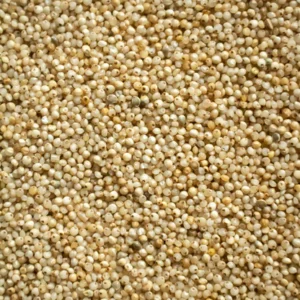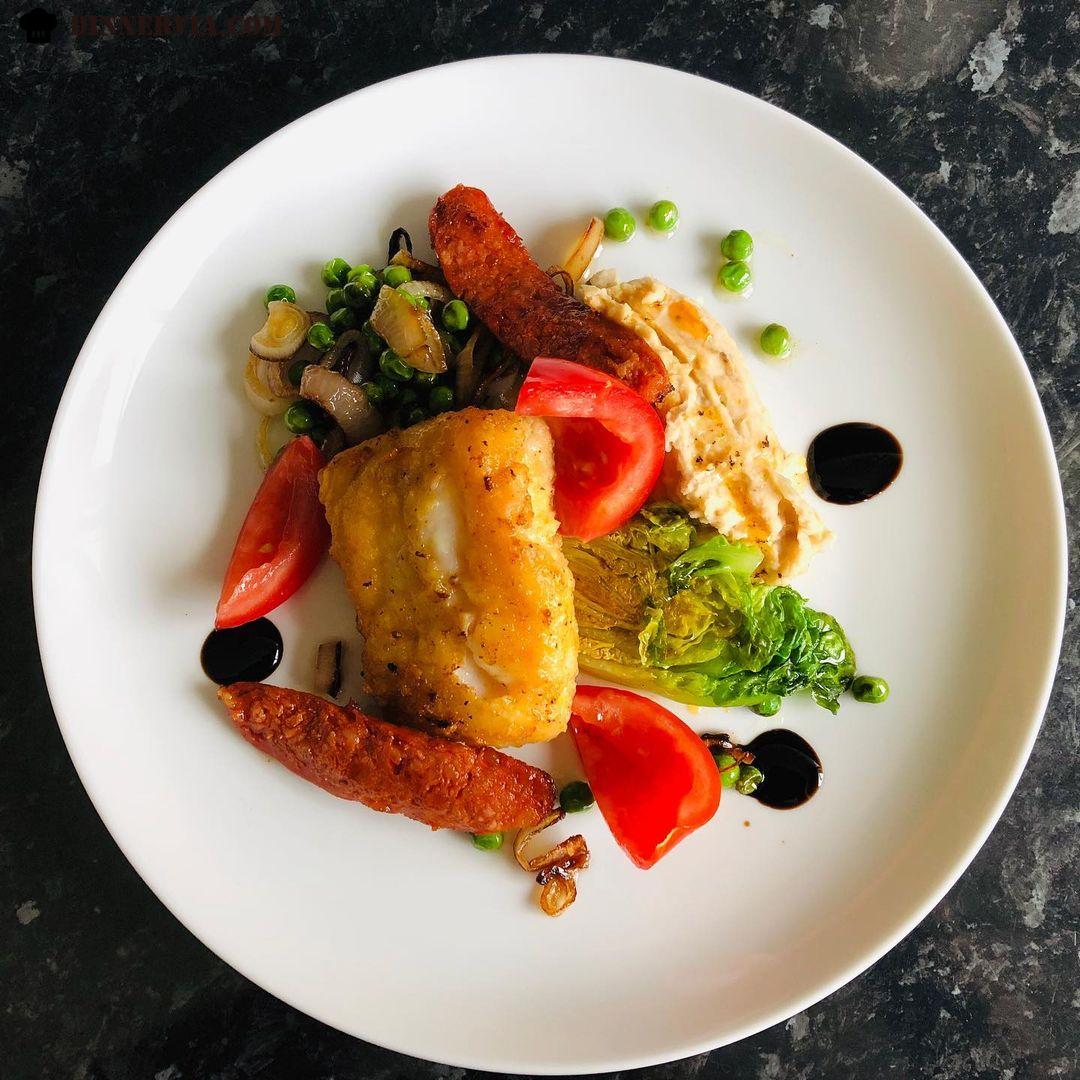Millet Food
Millet Food

In the realm of wholesome grains, millet stands out as a nutrient-packed gem, known for its impressive health benefits and culinary versatility. With its delicate texture and subtle nutty flavor, millet serves as the perfect canvas for a myriad of culinary creations, including the delightful English Millet Food Introduction recipe. This recipe harmoniously combines the richness of millet with an assortment of complementary ingredients, delivering a dish that tantalizes taste buds while nourishing the body.
Millet Food Overview:

Millet Food Ingredients:
For a basic millet dish, you will need the following ingredients:
- 1 cup of millet
- 2 cups of vegetable broth
- 1 tablespoon of olive oil
- 1 finely chopped onion
- 2 minced garlic cloves
- 1 cup of chopped carrots
- 1 cup of diced tomatoes
- 1 teaspoon of dried thyme
- Salt and pepper to taste
Feel free to adjust the seasonings and add other vegetables or herbs to customize the dish to your taste preferences.
Millet Food Instructions:
Here are the instructions for preparing a basic millet dish:
- Begin by thoroughly rinsing the millet.
- Heat the olive oil in a saucepan and sauté the chopped onion and minced garlic until fragrant.
- Add the rinsed millet to the saucepan and sauté for about a minute to enhance its nutty flavor.
- Pour in the vegetable broth and bring the mixture to a boil.
- Reduce the heat to a simmer and add the chopped carrots, diced tomatoes, dried thyme, salt, and pepper.
- Cover the saucepan and allow the millet to cook until it becomes tender and absorbs the flavors of the other ingredients.
- Once the millet is fully cooked, fluff it with a fork before serving to ensure a light and fluffy texture.
Millet Food Variations:
There are numerous variations of millet dishes that you can explore to add diversity to your meals. Here are a few ideas:
- Millet Breakfast Porridge: Cook millet with milk or plant-based milk, and add toppings such as fresh fruits, nuts, and a drizzle of honey for a wholesome breakfast option.
- Millet Pilaf: Combine cooked millet with sautéed vegetables, herbs, and spices for a flavorful and nutritious side dish.
- Millet Salad: Toss cooked millet with fresh vegetables, herbs, and a tangy dressing for a refreshing and satisfying salad option.
- Millet Stir-Fry: Use cooked millet as a base for a colorful and vibrant stir-fry, incorporating an assortment of vegetables, protein, and your choice of sauce.
- Millet Stuffed Peppers: Stuff bell peppers with a mixture of cooked millet, vegetables, and cheese for a wholesome and filling main course option.
Experiment with these variations to discover the versatility of millet and its ability to enhance the flavors and textures of a wide range of dishes.
Millet Food Presentation and Serving Suggestions:
When presenting and serving millet-based dishes, consider the following suggestions:
- Plating Creativity: Arrange the millet dish attractively on a plate, using fresh herbs or edible flowers as garnishes to add visual appeal.
- Colorful Accents: Incorporate vibrant vegetables or fruits alongside the millet to create a visually appealing and appetizing presentation.
- Layering Technique: Use a mold to layer the millet and other ingredients, creating a visually striking and well-structured dish.
- Garnish Galore: Sprinkle toasted nuts, seeds, or grated cheese on top of the millet dish to add texture, flavor, and a touch of elegance.
- Pairing Perfection: Serve the millet dish alongside complementary items such as grilled vegetables, lean meats, or a fresh salad to create a balanced and satisfying meal.
By incorporating these presentation and serving suggestions, you can elevate the visual appeal of your millet-based dishes and create a memorable dining experience for yourself and your guests.
Millet Food Nutritional Information:
Millet is a nutrient-dense grain that offers various health benefits. Here is the nutritional information for 1 cup (174 grams) of cooked millet:
- Calories: 207
- Carbohydrates: 41 grams
- Fiber: 2.3 grams
- Protein: 6 grams
- Fat: 1.7 grams
- Magnesium: 19% of the recommended daily intake (RDI)
- Phosphorus: 16% of the RDI
- Iron: 8% of the RDI
- B vitamins (especially niacin, B6, and folate)
Millet is also naturally gluten-free, making it an excellent alternative for individuals with gluten sensitivities or those following a gluten-free diet. Its notable fiber content contributes to improved digestion, while its rich magnesium content supports heart health and helps regulate blood sugar levels. Incorporating millet into your diet can contribute to a well-rounded and nutritious eating plan.





